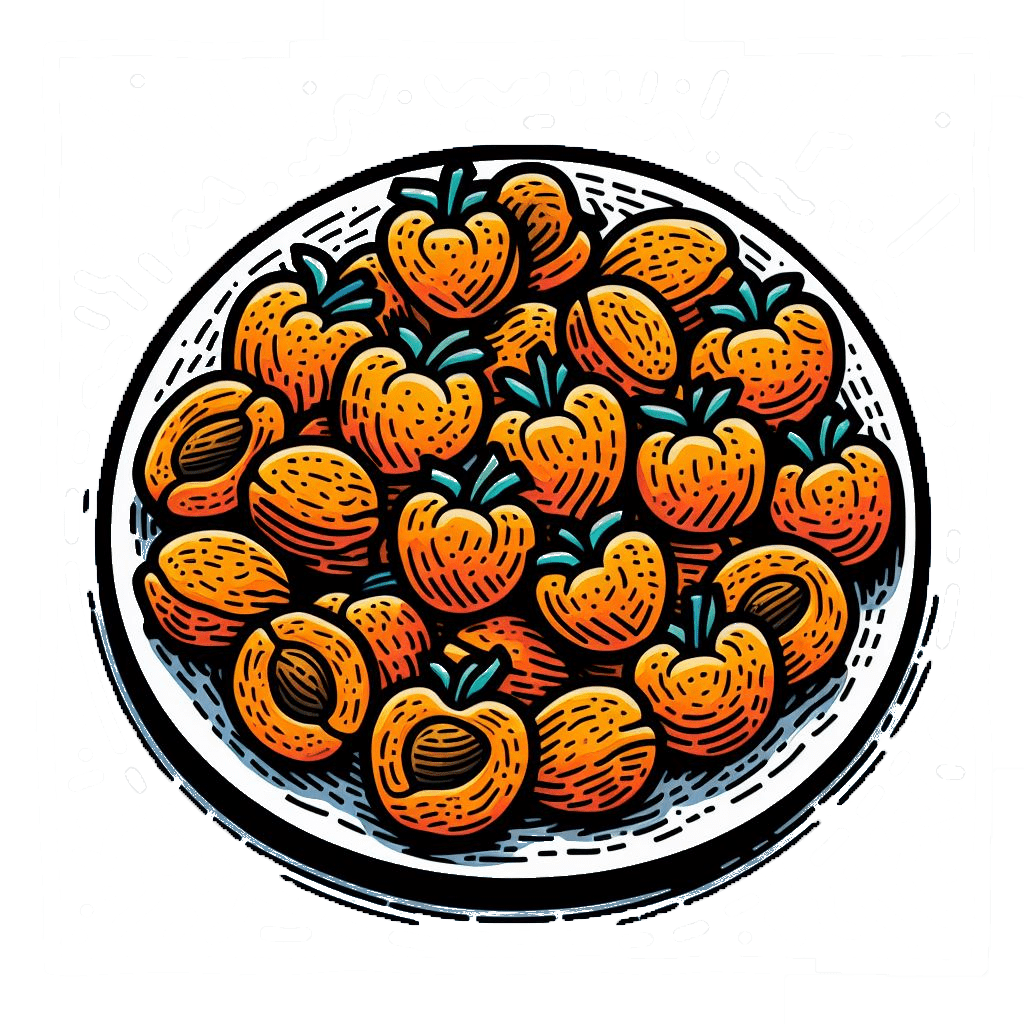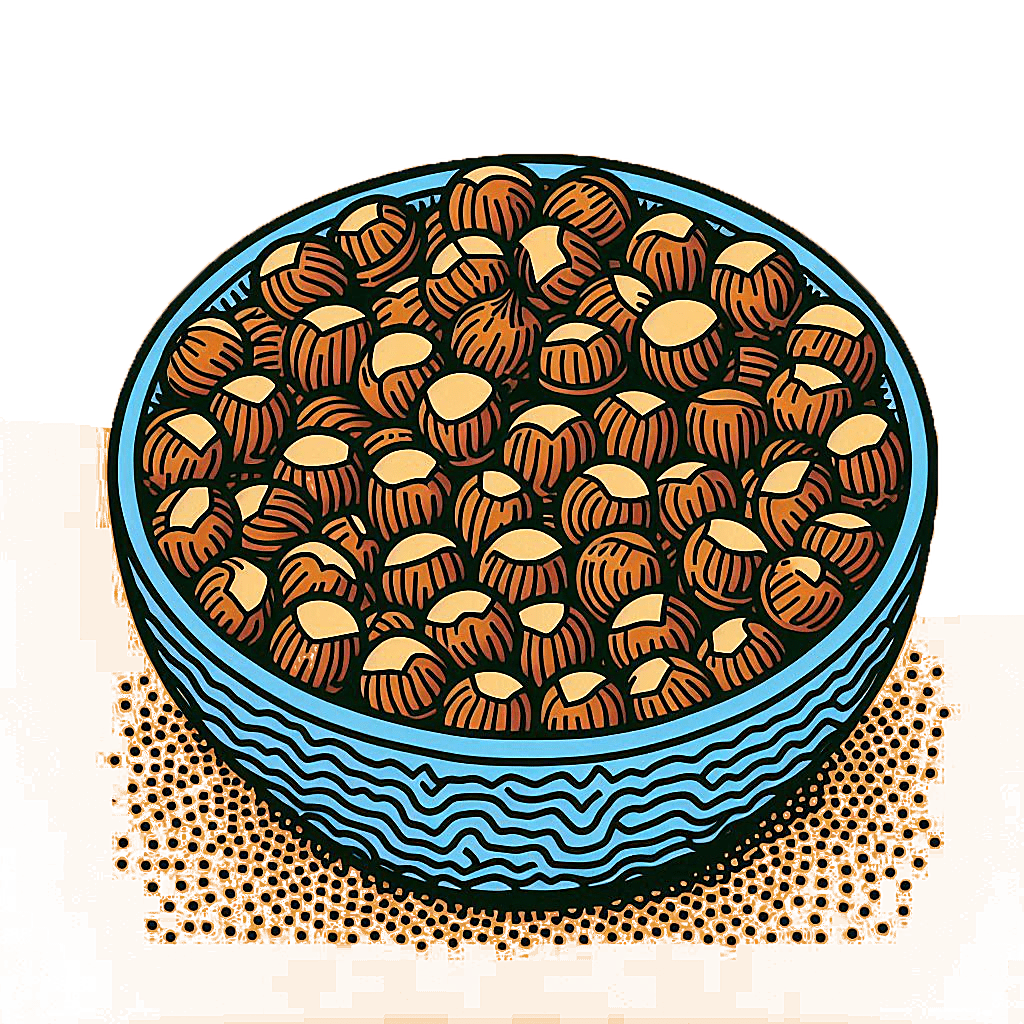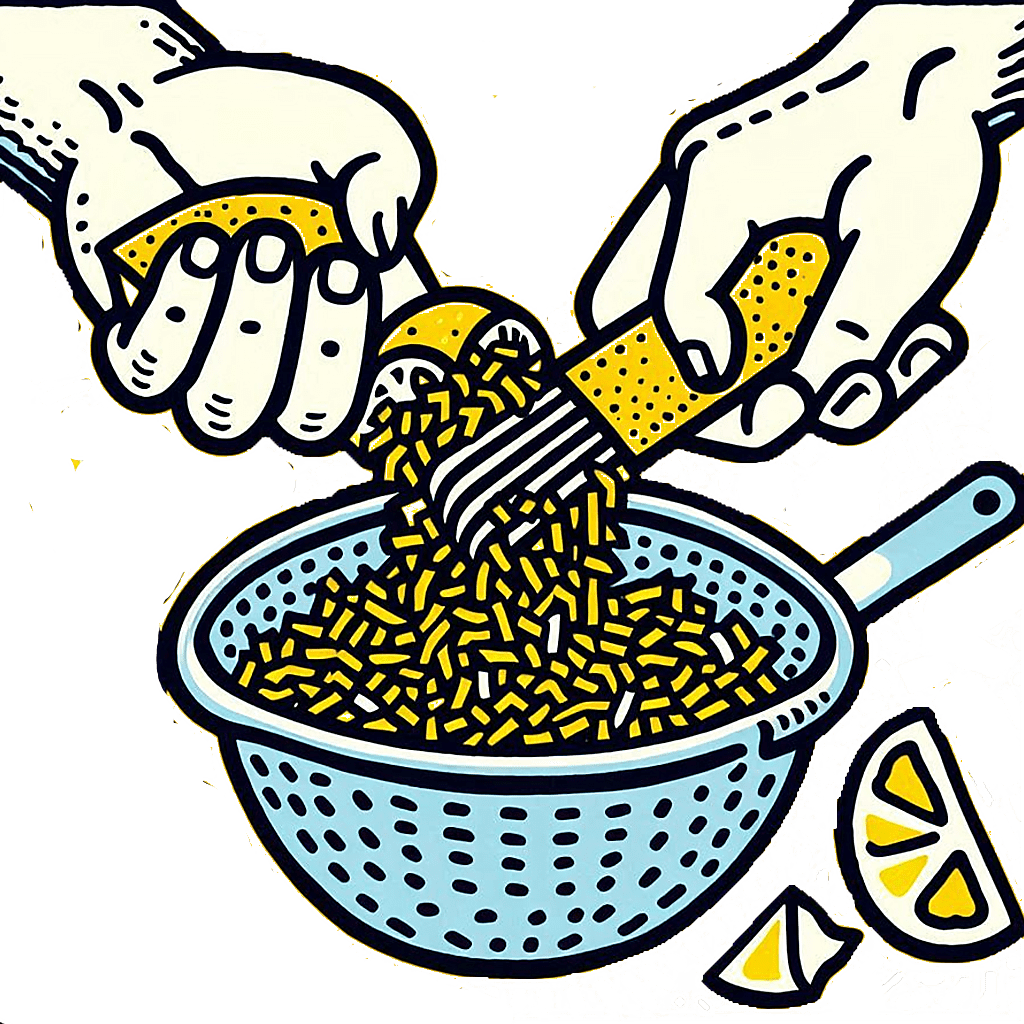/vernˈat͡ʃːa dˈi oristˈano/
- Aregu Biancu
- Aregu Seulu
- Cranaccia
- Garnaccia
- Granaccia
- Granazza
- Varnaccia
- Vernaccia
- Vernaccia Austera
- Vernaccia Orosei
- Vernaccia S. Rosalia
White
Vernaccia di Oristano refers to both the grape variety and the wine produced from it, encapsulating a rich tradition specific to Sardinia.
This unique varietal is cultivated on a relatively small scale, with only 9% of Vernaccia di Oristano vineyards exceeding 5 hectares in size and 48% comprising less than 1 hectare.
The grape thrives in two distinct soil types: the “gregori” and the “bennaxi.” The gregori soils, found at higher altitudes, are dry, low in limestone, and not very fertile. In contrast, the bennaxi soils are fertile alluvial terrains, rich in loamy clay, and located at lower elevations—historically, these areas were marshlands. This duality in soil types contributes to the unique characteristics of Vernaccia di Oristano wines.
Vernaccia di Oristano can also be produced in a fortified style, either dry (secco) or sweet (dolce). This wine is traditionally aged in chestnut or oak barrels using a solera system. Most Vernaccia di Oristano wines are blends of various vintages, crafted in a slightly oxidized style reminiscent of Fino or Amontillado Sherry. Notably, the finest examples are not fortified.
Due to the specific microclimate and local yeast populations, a thin layer of powdery white flor often develops on the wine’s surface. Approximately 20% of the barrels are left open to air for up to 10 years, allowing for slow, controlled oxidation and the development of flor. However, flor does not always form in all wines. Those without flor are simpler, herbal-lemony whites meant for early consumption.
A good Vernaccia di Oristano is a true gem, offering a complex bouquet of dried apricots, hazelnuts, almond paste, orange rind, fresh aromatic herbs, white chocolate, and faded flowers. While traditionally dry, some slightly sweeter versions provide additional nuances of caramel and chestnut honey, enhancing the wine’s depth and appeal.
Visual Flavour Profiles:








